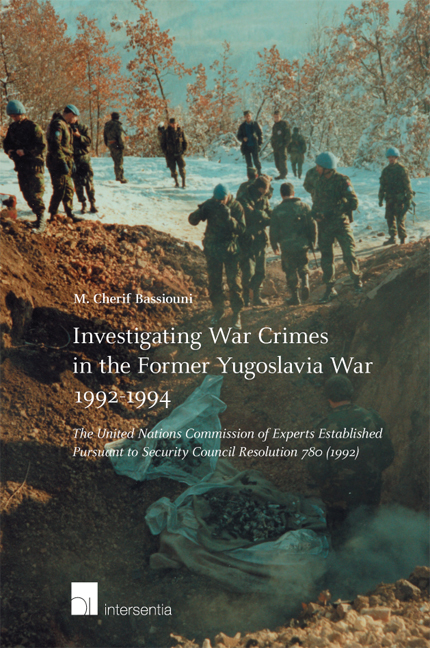
- Cited by 2
-
Cited byCrossref Citations
This Book has been cited by the following publications. This list is generated based on data provided by Crossref.
Guan, Jing 2010. The ICC’s Jurisdiction over War Crimes in Internal Armed Conflicts: An Insurmountable Obstacle for China’s Accession?. SSRN Electronic Journal,
2017. New publications in international humanitarian law and on the International Committee of the Red Cross. International Review of the Red Cross, Vol. 99, Issue. 906, p. 1187.
- Publisher:
- Intersentia
- Online publication date:
- October 2018
- Print publication year:
- 2017
- Online ISBN:
- 9781780687551
- Subjects:
- Law, Humanitarian Law




